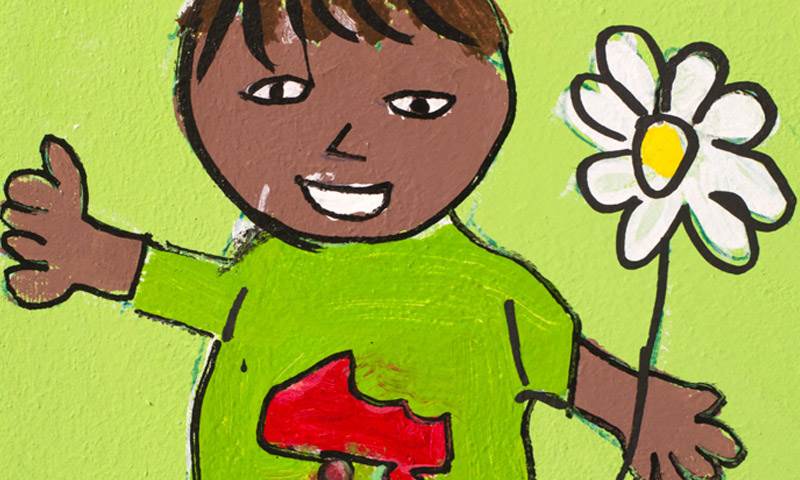Our website uses Cookies - by using this site or closing this message you're agreeing to our Terms & Conditions, Cookie Policy and Privacy Policy
xCOVID-19: The impact of the pandemic on children with incarcerated parents
Date: 28th May 2020
Category:
Children of prisoners

States must remember that the children of those held in detention are rights holders, and that their rights and their best interests must be considered in all COVID-19 responses which impact upon them. This paper discusses the impact of the response taken by States and other actors upon children’s rights and offers recommendations to them to ensure these rights are safeguarded.
The recommendations made within this paper are:
- Pandemic-related criminalisation should be a last resort- The impact any criminal justice intervention with a parent or caregiver has upon the interest of the child should be considered. In addition, the effect criminalising individuals who breach COVID-19 legislations would subsequently increase the detained population, this is inherently contrary to public health motivations and thus criminalisation should be used as a last resort only.
- Measures to reduce prison populations should be taken- Reducing prison populations wherever possible will facilitate social distancing and reduce the risk of mass contagion, morbidity and mortality. Moreover, pregnant people within prisons and parents living in prison with their children should be considered for release, as this would be in the best interest for the child given the risk of infection. Children and parents upon release should be given immediate access to appropriate accommodation, support and healthcare.
- Fulfil the right to health and hygiene- Those residing in prisons are at a heightened risk of COVID-19, due to cramped living conditions, the lack of choice regarding proximity to others and poor access to water and cleaning products. In line with the International Covenant on Economic, Social and Cultural Rights which states everyone has the right to the ‘highest attainable standard of physical and mental health’, children and their parents in detention should have access to prevention measures, medical care, screening for COVID-19. Moreover, staff and people in prison must be provided with all necessary materials to ensure that the facilities meet the highest possible standard of cleanliness, in the interests of limiting the spread of the virus.
- Safeguard the right to information- Children residing in prisons, as well as their parents, must have access to timely and accurate information about COVID-19 and decisions taken which impact their visiting rights and release in formats which are accessible to them. In addition, resources must be available to incarcerated parents to supp them in their parenting during the pandemic.
- Protect the right to family life- Many States have removed prison visiting rights to prevent spread of the virus. However, this interference with the right to family life must not be arbitrary and other means of contacting family member should be made available to minimise the anxiety and distress for both parents and children. In addition, information about detained relatives’ wellbeing should be provided on a consistent basis, and not limited to cases in which they become ill.
- Lockdown measures should not equate to solitary confinement- Any measures taken within detention facilities which further restrict the liberty of those detained, including the removal of exercise and leisure time, must be strictly lawful, necessary and proportionate. Measures should comply with international human rights obligations, where children whenever possible should be allowed access to natural light and fresh air and spend as little time confined to their cell. Children’s right to play must be guaranteed during lockdown, including by enabling their ongoing access to toys and games. Parents and caregivers should still be able to spend the maximum amount of time with their children, fulfilling as many parental responsibilities as possible.
- Respect children’s right to education- States should ensure the continuation of learning throughout the pandemic and include both ‘high’ and ‘low’ tech learning solutions, accounting for the specific needs and situation of children residing in prison with their parents.
- Maintain the right to an adequate standard of living- Families reliant upon the income generated from prison work which has been suspended as a result of COVID-19, may be left financially vulnerable. States should supply financial assistance to these families in order to ensure that the child’s right to an adequate standard of living is protected during and following the COVID-19 pandemic.
